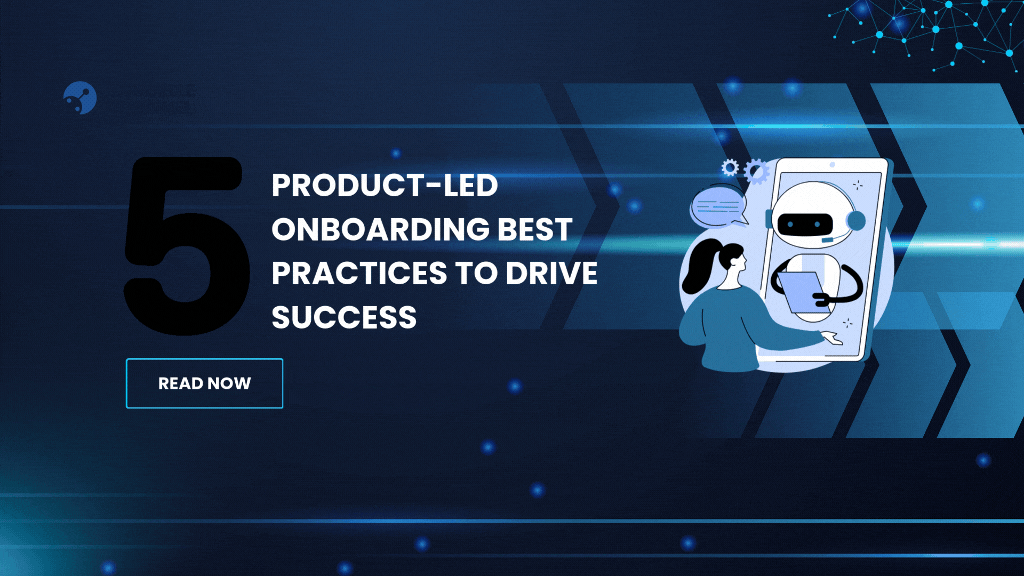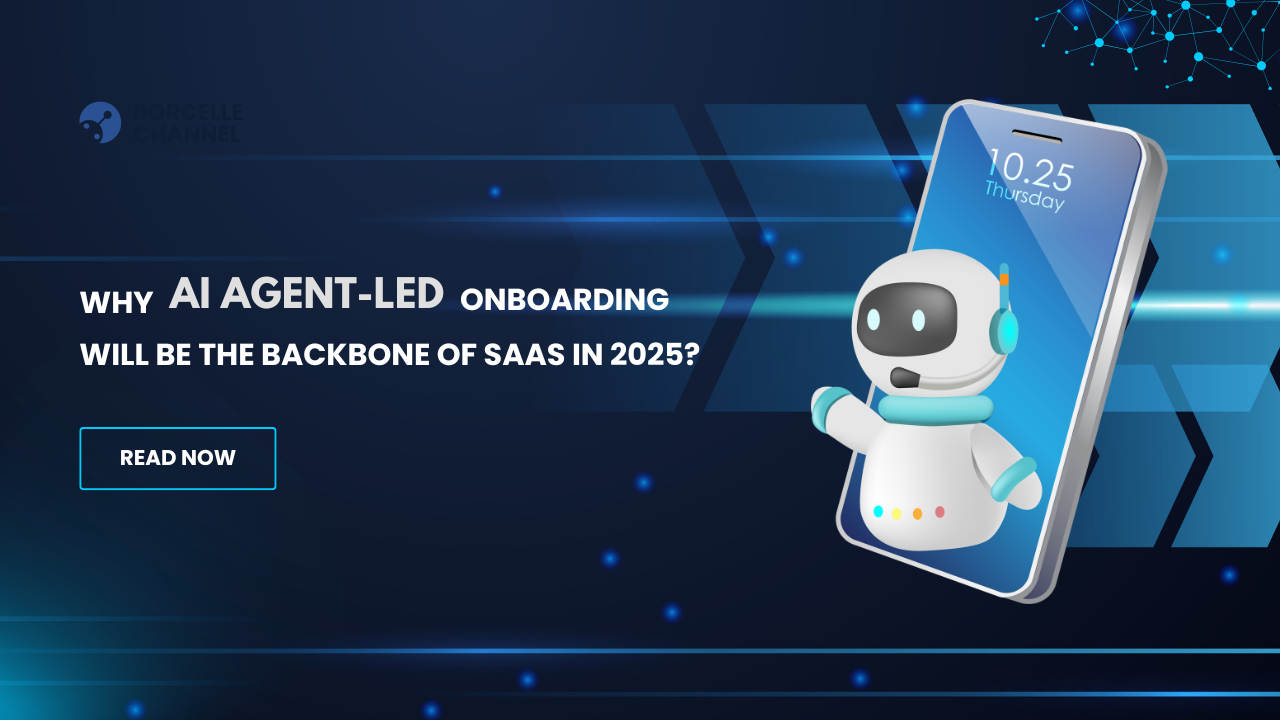.png)
In the fast-evolving SaaS landscape, where customer expectations for personalized experiences are at an all-time high, the tools used to engage customers must be more sophisticated than ever. Traditional in-app engagement tools like tooltips, banners, and static product tours served their purpose for years, helping users navigate software and understand features. However, they are increasingly falling short in delivering the dynamic, tailored experiences that modern users demand.
Enter AI Agents: a new paradigm in in-app engagement that promises to revolutionize how SaaS companies interact with their users.
The Limitations of Traditional In-App Engagement Tools
Traditional tools rely on predefined rules, generic messaging, and static workflows to engage users. While they are relatively easy to implement, their drawbacks become glaring in today's competitive SaaS environment:
- One-Size-Fits-All Messaging: Traditional tools often deliver the same message to all users, regardless of their stage in the customer journey or specific needs. This lack of personalization can frustrate users who feel the content isn’t relevant to them.
- Rigid Workflows: Static product tours and tutorials fail to adapt to individual user behavior. For example, users who are already familiar with a feature might still be forced to go through unnecessary steps.
- Lack of Context Awareness: Traditional tools are not designed to analyze real-time user behaviour or historical data to tailor the experience. They operate in silos, missing critical insights that could make engagements more relevant.
- High Maintenance and Limited Scalability: As SaaS products evolve, updating traditional engagement tools to reflect new features or workflows becomes a manual and time-consuming process, making it difficult to scale.
What AI Agents Bring to the Table
AI Agents offer a game-changing approach to in-app engagement. By leveraging machine learning, behavioral analytics, and natural language processing, they deliver hyper-personalized, context-aware interactions that meet users where they are in their journey.
- Personalized Guidance: Unlike traditional tools, AI Agents can dynamically generate messages, walkthroughs, or recommendations based on a user's past actions, preferences, and real-time behavior. For example, an AI Agent can recognize when a user is struggling with a feature and proactively offer assistance tailored to their needs.
- Contextual Engagement: AI Agents understand the context of a user's interaction with the software. If a user frequently uses certain features, the AI can prioritize suggesting complementary features rather than bombarding them with irrelevant tips.
- Real-Time Adaptation: AI Agents analyze user behavior in real time and adjust their actions accordingly. For instance, if a user skips a tutorial step, the AI can adapt by summarizing the missed content or guiding them to the next logical step.
- Scalability with Minimal Effort: AI Agents continuously learn from user interactions, automatically updating their recommendations and workflows without requiring manual input. This scalability makes them ideal for SaaS companies looking to grow without adding significant operational overhead.
- Interactive Support: Beyond static tips, AI Agents can interact with users conversationally, answering questions or providing step-by-step guidance. This dynamic support feels more like a personalized assistant than a predefined script.
Use Cases: AI Agents in Action
Here are a few ways SaaS companies can leverage AI Agents to enhance in-app engagement:
- Feature Discovery: AI Agents can identify users who haven’t tried certain features and recommend them based on their usage patterns. For example, a project management tool could suggest advanced reporting features to power users managing multiple projects.
- Proactive Problem Solving: If a user appears to be stuck or confused (e.g., repeatedly navigating to the same section without completing an action), the AI Agent can intervene with a helpful tip or offer to guide them through the process.
- Lifecycle-Driven Engagement: AI Agents can adapt their messaging based on where the user is in their lifecycle. New users might receive onboarding tips, while experienced users get recommendations for advanced features.
- Upselling and Cross-Selling: By analyzing user behavior and preferences, AI Agents can suggest upgrades or additional services at the right time, making upselling less intrusive and more relevant.
Challenges and Considerations
While AI Agents offer numerous advantages, they are not without challenges:
- Data Privacy: Using AI for in-app engagement requires access to user data, raising concerns about privacy and compliance. SaaS companies must ensure transparency and adhere to data protection regulations.
- Implementation Complexity: Integrating AI Agents into existing systems can be resource-intensive initially. Companies must weigh the upfront investment against the long-term benefits.
- User Acceptance: Some users may be wary of AI-driven interactions, especially if they feel overly monitored. Ensuring that AI Agents maintain a balance between helpfulness and intrusiveness is critical.
The Bottom Line: AI Agents Are the Future
As SaaS companies strive to deliver exceptional user experiences, traditional in-app engagement tools are no longer enough. AI Agents represent the next generation of customer engagement, offering personalized, adaptive, and scalable solutions that can drive user success and retention.
For SaaS companies operating in a Product-Led Growth (PLG) model, where every user counts, adopting AI Agents can mean the difference between average and outstanding customer experiences. By embracing this technology, SaaS businesses can not only meet but exceed the expectations of their users, setting the stage for long-term growth and loyalty.
Would you like to discuss how AI Agents can transform your SaaS product? Let’s connect!
(1).gif)


.png)
(2).png)
(3).png)
